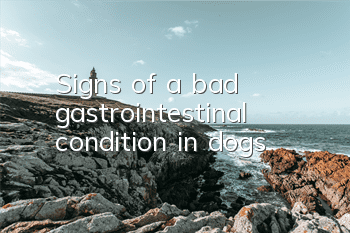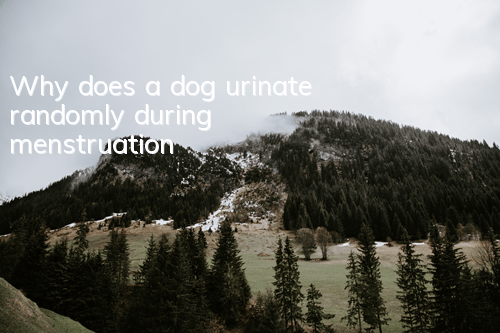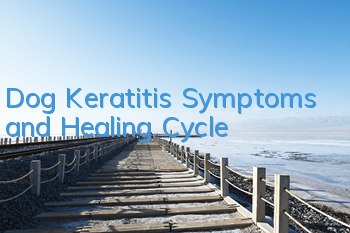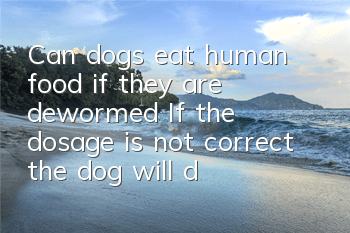Signs of poor gastrointestinal problems in dogs: Diarrhea or constipation
Poor gastrointestinal problems in dogs are mostly manifested by frequent loose stools, loose stools, or constipation. Diarrhea is generally caused by increased intestinal mucosal secretion and malabsorption. The cause is mostly intestinal diseases. If diarrhea occurs frequently, you need to seek medical attention promptly to avoid death from dehydration. For constipation, you need to feed some easily digestible and nutritious liquid food to regulate the gastrointestinal tract, in the form of small and frequent meals, and do not feed irritating and indigestible food, especially bones, to avoid increasing the burden on the dog's gastrointestinal tract; at the same time, it can be used in combination with pet food Probiotic conditioning.Significance 2 of dogs with poor gastrointestinal problems: loss of appetite
Poor gastrointestinal problems in dogs can also affect appetite, causing dogs to be picky eaters or anorexia, and have no appetite for the things they usually like to eat. Lack of energy, doesn't like to move around, likes to lie down.The third symptom of bad gastrointestinal problems in dogs: vomiting
Sometimes dogs will vomit to protect themselves. If you find that your dog has vomited digested food, it is also a sign of bad gastrointestinal problems. If symptoms such as vomiting gastric juice, bile, or blood in the stool occur, it means the problem is serious and you need to seek medical attention immediately.Care tips for dogs with poor gastrointestinal problems
1. Choose natural dog food with comprehensive nutrition and easy digestion for your dog. Pay attention to the need for transition when changing brands, and do not change them all at once. Appropriately add nutritional paste, vegetables, fruits, cooked meat and other complementary foods.2. Try to eat small meals frequently to avoid overeating, eating too much and too quickly.
3. By guiding dogs to exercise more, promote intestinal peristalsis and enhance digestive function.
4. Give your dog more boiled water and avoid feeding raw or cold water to irritate the gastrointestinal tract.








